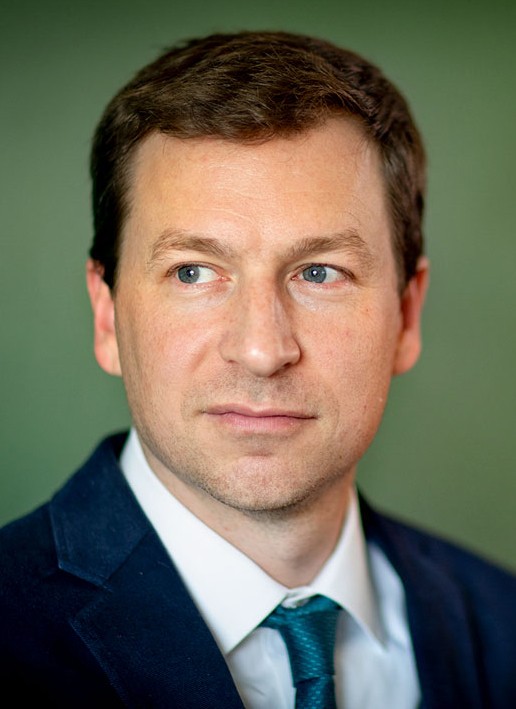A Cornell administrator is leading a statewide effort to protect one of the most vulnerable populations from COVID-19.
Rob Scott, director of Cornell Prison Education Program, has organized 14 New York colleges and universities to provide masks for every person incarcerated in the state – nearly 43,000 people – through the New York Consortium for Higher Education in Prison (NY-CHEP).
“We need to prioritize prison population health and not only education at this moment,” Scott said.
The first shipment of 4,000 masks arrived on May 5 and was sent to facilities with high incidences of COVID-19: Fishkill Correctional Facility in Beacon, with 90 confirmed cases as of May 9; Sing Sing Correctional Facility in Ossining, with 52 cases; Otisville Correctional Facility in Otisville, with 45 cases; and Shawangunk Correctional Facility in Wallkill, with 20 cases. Another 5,000 masks arrived May 12 for distribution.
The New York Department of Corrections and Community Supervision (DOCCS) welcomes the partnership.
“On behalf of the entire department, I extend our deepfelt appreciation to NY-CHEP and its many generous supporters for their thoughtfulness in helping to make the correctional environment a safer one, for all who live and work there,” said Anthony J. Annucci, DOCCS acting commissioner.
The Centers for Disease Control and Prevention have confirmed that detention facilities are hot spots for infection, according to the New York Times. Jails and prisons are among the most challenging places to control the outbreak of the coronavirus. Their crowded living areas and communal dining areas and bathrooms make social distancing difficult; they also have limited space to isolate infected detainees.
DOCCS has instituted safety protocols, is providing masks for corrections staff and has given incarcerated people permission to fashion masks out of prison-issued kerchiefs. After the NY-CHEP masks arrived, the DOCCS updated its website to say the department will provide prisoners with surgical-type masks; on May 7, the Queens Eagle reported the DOCCS said it would distribute masks stitched by inmates at the Clinton and Coxsackie Correctional Facilities.
Nonetheless, as of May 9 the department reported 434 positive cases of COVID-19 in the incarcerated population, and 1,177 positive cases among DOCCS staff. Of those, 15 detainees and four staff had died.
As Cornell classes moved online in early April, Scott and his colleagues at CPEP began to think about how to continue their work. Virtual instruction in prison is not an option; classes are taught in person, and incarcerated students do not have access to the internet.
“At the same time, evidence of rapid spread of COVID-19 among correctional staff was making the news, and the extra severity of risk facing people in prison was clear,” Scott said. “In a matter of days, my priorities shifted from wanting to keep classes and communication going, to wanting to get basic protection to these students and everyone around them.”
Tess Wheelwright, the academic director for CPEP, researched mask design and identified one that fit DOCCS requirements: one that was plain, reusable, washable and affordable. Through Cornell networks, she found a manufacturer, Finger Lakes Textiles of Waterloo, New York; it is part of Mozaic, a nonprofit organization that provides services for people with intellectual and other developmental disabilities in the Finger Lakes region.
Participating NY-CHEP members are:
- Columbia University;
- Cornell University;
- Genesee Community College;
- Hamilton College;
- Herkimer County Community College;
- Hudson Link for Higher Education in Prison;
- John Jay College;
- Marymount Manhattan College;
- Medaille College;
- Mohawk Valley Community College
- New York University;
- North Country Community College
- State University of New York;
- University of Rochester; and
- Vassar College.










